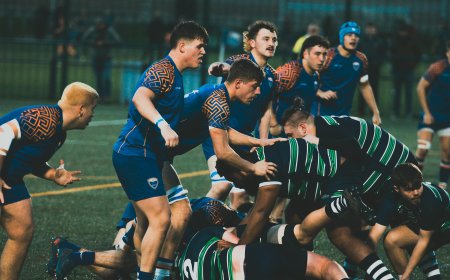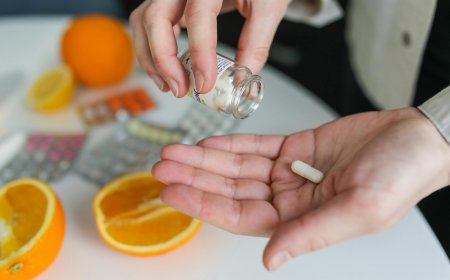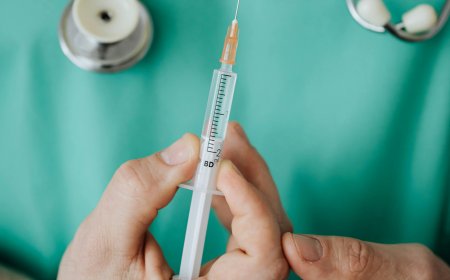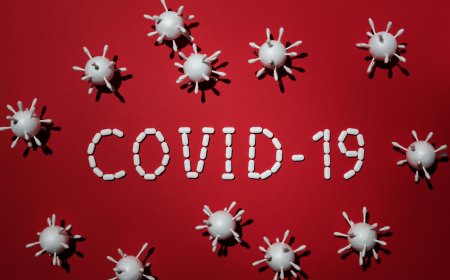Viking Therapeutics Shares Plunge 40% After Obesity Drug Setback
Viking Therapeutics shares tumble 40% after trial data for new obesity pill disappoints investors and raises questions about the drug’s future.
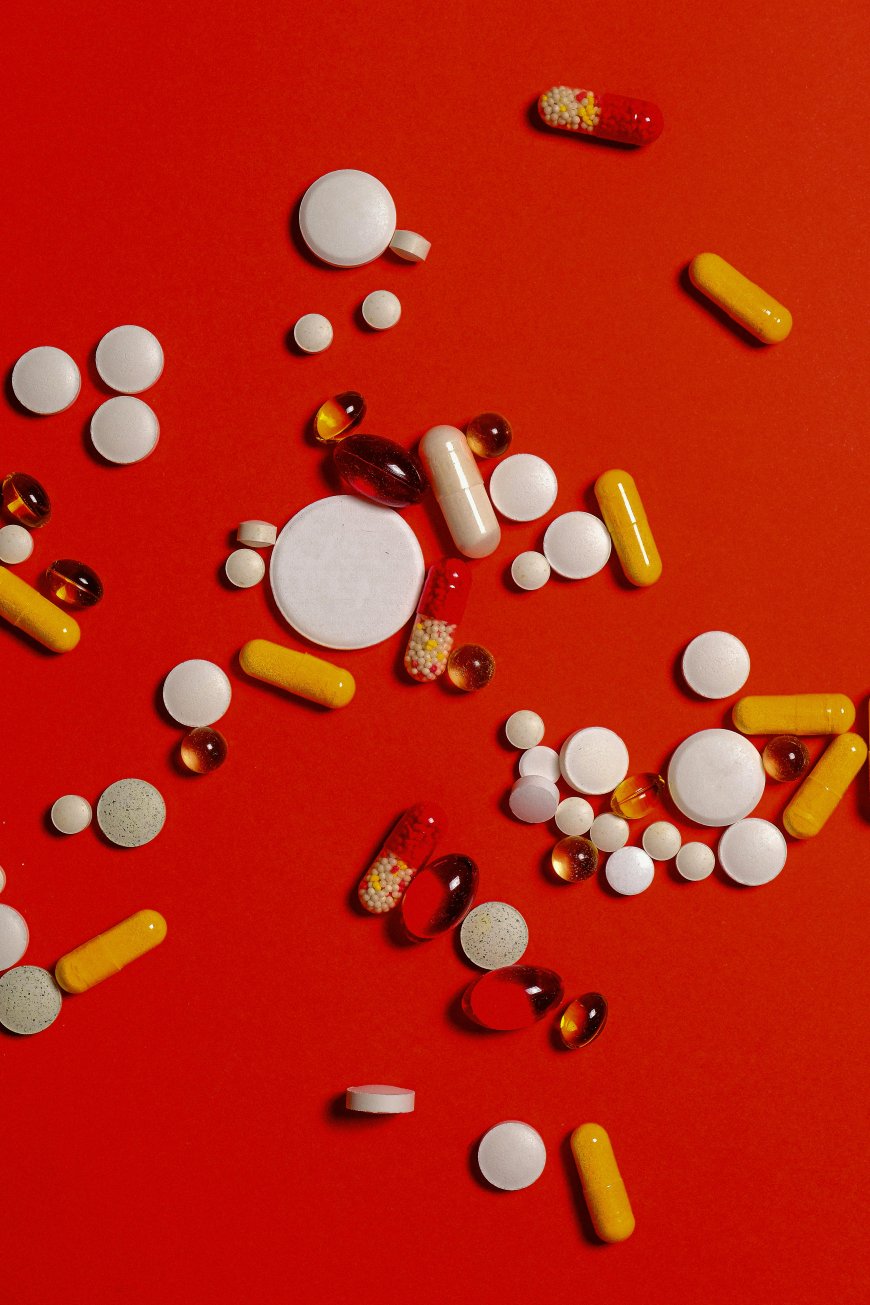
Viking Therapeutics, the U.S.-based biotech company, saw its stock price plummet nearly 40% after releasing disappointing data from its latest obesity pill trial. The setback has sent shockwaves through investors and highlighted the high-risk nature of pharmaceutical development, particularly in the competitive obesity treatment market.
The company had high hopes that its experimental therapy would demonstrate significant weight-loss benefits, but the latest results fell short of expectations, leaving stakeholders and analysts reassessing the drug’s potential impact.
What the Trial Data Revealed
Viking’s Phase 2 trial focused on its novel obesity therapy, designed to target metabolic pathways that regulate weight. Investors had been optimistic, anticipating results that could challenge existing weight-loss medications.
However, key findings showed:
- Lower-than-expected weight reduction, failing to reach the primary efficacy endpoint.
- Minimal improvement in secondary metabolic markers, including insulin sensitivity.
- Manageable safety profile, but insufficient efficacy to drive approval momentum.
The data suggests that while the drug may be safe for patients, its effectiveness is likely insufficient to compete with market leaders.
Market Reaction: Shares Take a Hit
The immediate fallout was dramatic. On the day the results were announced, Viking Therapeutics shares dropped from around $15 to $9, wiping out hundreds of millions in market capitalization. Analysts cite several reasons for the steep decline:
- Investor overconfidence in early-stage data and projections.
- Highly competitive obesity drug market, with multiple FDA-approved therapies already available.
- Heightened scrutiny on biotech valuations, particularly for companies without an approved product.
“This is a classic example of biotech volatility,” said Lauren Michaels, a healthcare market analyst. “Even promising drugs can send stock prices tumbling if trial data doesn’t meet lofty expectations.”

The Competitive Landscape in Obesity Treatments
Obesity treatment has emerged as one of the fastest-growing segments in the pharmaceutical industry. With global obesity rates climbing, the demand for effective medications has skyrocketed. Current market leaders include:
- GLP-1 receptor agonists, which have shown substantial weight loss in clinical trials.
- Lifestyle-focused interventions supported by digital health tools.
- Combination therapies targeting multiple metabolic pathways simultaneously.
Viking’s setback underscores the challenge of differentiating new therapies in a crowded field where efficacy benchmarks are rising.
Investors’ Perspective: High Risk, High Stakes
Biotech investors understand the inherent risks of early-stage trials, but the market’s response reflects the high expectations surrounding Viking’s therapy. Key investor concerns now include:
- Pipeline uncertainty, as the obesity pill was one of the company’s flagship candidates.
- Financial pressure, with capital potentially needing to be diverted to other projects or follow-up studies.
- Reputation and credibility, affecting Viking’s ability to attract future investment.
Some analysts suggest that the company may need to pivot its strategy or partner with larger pharmaceutical firms to salvage value from the research.
Storytelling: Patients Waiting for a Breakthrough
Behind the headlines, patients eagerly anticipating new obesity treatments are grappling with disappointment. Take Maria, a 42-year-old nurse from Chicago, who participated in a previous Viking trial:
“I was hopeful that this medication could help me finally manage my weight. Seeing the stock drop and hearing the results are underwhelming makes it feel like the goalposts have moved farther away.”
Maria’s story is a reminder that biotech setbacks are not just financial—they carry human implications for people who pin their hopes on medical breakthroughs.
Lessons from Biotech Volatility
Viking’s situation illustrates several important lessons for investors and industry watchers:
- Clinical trials are unpredictable: Even promising drugs can fail to meet endpoints.
- Investor enthusiasm must be tempered by data: Market hype can exacerbate volatility.
- Diversification in pipelines is critical to weather failures in any single candidate.
Biotech companies often face a rollercoaster of investor sentiment, regulatory scrutiny, and scientific challenges, making strategic planning and risk management essential.
What’s Next for Viking Therapeutics
The company now faces critical decisions about its next steps:
- Additional trials may be needed to explore different dosing or patient subgroups.
- Partnerships or licensing agreements could provide financial support and access to broader expertise.
- Pipeline diversification, focusing on other metabolic or endocrine disorders, could reduce dependency on a single product.
Analysts stress that the company’s ability to respond quickly and strategically will determine its long-term viability in a crowded market.
Broader Implications for the Obesity Drug Market
The disappointment at Viking highlights wider trends in the pharmaceutical industry:
- Rising standards for efficacy: Patients and regulators now expect higher levels of weight loss and metabolic improvement.
- Market consolidation: Smaller biotechs may struggle to compete without partnerships or acquisitions.
- Investor caution: Following this episode, stakeholders may demand more rigorous early-stage data before committing capital.
These trends are reshaping the landscape of obesity therapeutics, emphasizing the intersection of science, finance, and patient expectations.
Conclusion: The High Stakes of Innovation
Viking Therapeutics’ 40% stock plunge serves as a stark reminder of the volatility inherent in biotech investing. Clinical setbacks are part of the journey toward medical innovation, but they carry significant financial and human consequences.
For investors, the lesson is clear: weigh enthusiasm against empirical data. For patients, it is a reminder that scientific progress often comes in incremental steps rather than immediate breakthroughs. And for the industry, Viking’s experience reinforces the need for robust trial design, strategic planning, and transparent communication.
While the path forward for Viking remains uncertain, the broader pursuit of effective obesity treatments continues, reflecting the urgent need for solutions in a global health crisis.
FAQs
1. Why did Viking Therapeutics shares fall 40%?
Shares fell due to disappointing data from its latest obesity pill trial, which failed to meet primary efficacy endpoints.
2. Is the drug safe despite disappointing results?
Yes, the trial indicated a manageable safety profile, but efficacy was insufficient to excite the market.
3. How does this impact the obesity drug market?
It highlights rising efficacy standards and increased competition among pharmaceutical companies.
4. Can Viking recover from this setback?
Potentially, through additional trials, strategic partnerships, or pipeline diversification.
5. What lessons does this provide for biotech investors?
Clinical trials are unpredictable, investor enthusiasm must be data-driven, and diversified pipelines reduce risk.
What's Your Reaction?
 Like
1
Like
1
 Dislike
0
Dislike
0
 Love
0
Love
0
 Funny
0
Funny
0
 Angry
0
Angry
0
 Sad
0
Sad
0
 Wow
0
Wow
0































